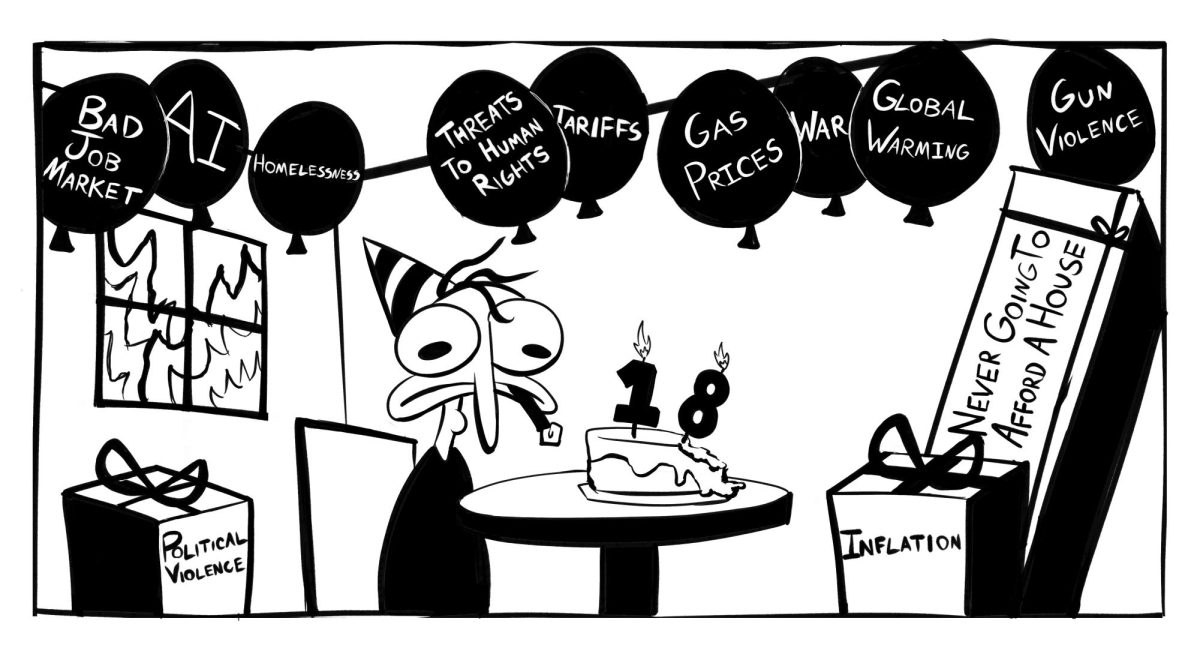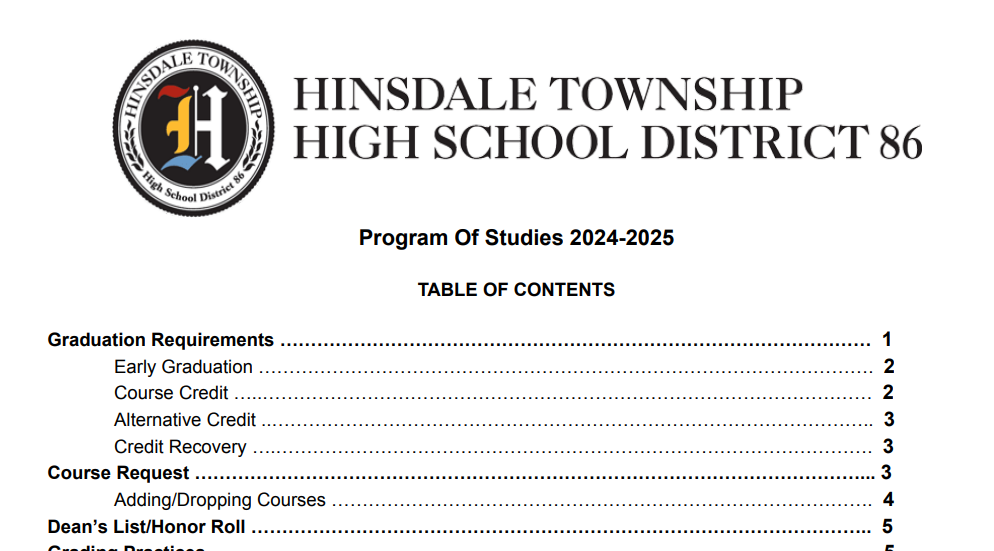Black Friday, often seen as the ultimate shopping extravaganza, draws hordes of eager consumers each year with the promise of unbeatable deals and massive discounts. However, beneath the facade of savings lies a controversial truth – Black Friday deals can be seen as nothing more than a well-crafted scam, strategically designed to manipulate consumer behavior.
Artificial Inflation of Prices:
- One common tactic employed by retailers is the artificial inflation of prices leading up to Black Friday. Inflating prices weeks before the event allows them to create the illusion of significant discounts when, in reality, consumers might only be getting a modest reduction from the temporarily inflated price.
Limited Availability:
- Retailers often promote doorbuster deals and limited-time offers to create a sense of urgency among consumers. However, the limited availability of these so-called “exclusive” deals may lead shoppers to make impulsive decisions, neglecting to compare prices or consider the actual value of the product.
Lower Quality Products:
- To cut costs and maintain profit margins, some retailers offer discounted versions of their products specifically manufactured for Black Friday. These items may have lower quality or fewer features than their regular counterparts, undermining the perceived value of the deal.
Misleading Discount Percentages:
- While retailers proudly display impressive-sounding discount percentages, these figures can sometimes be misleading. Discounts are often calculated based on the manufacturer’s suggested retail price (MSRP), which might not accurately reflect the actual market value of the product.
Psychological Manipulation:
- Black Friday sales leverage psychological tactics to encourage impulsive buying. The thrill of a limited-time offer, coupled with the fear of missing out (FOMO), can lead consumers to make purchases without thorough consideration, contributing to the perception of Black Friday as a high-pressure, consumer-exploitative event.
Despite their alluring facade, Black Friday deals often operate on a foundation of deceptive practices that manipulate consumer behavior. The illusion of massive savings can cloud judgment, leading shoppers to make purchases they might later regret. As consumers, it is crucial to approach Black Friday with a critical eye, questioning the authenticity of deals and evaluating whether the apparent discounts truly translate into tangible savings.



















